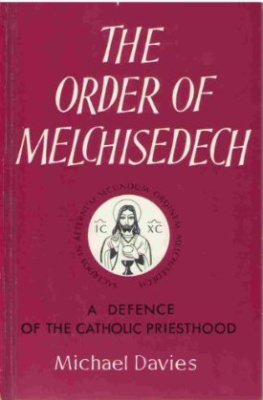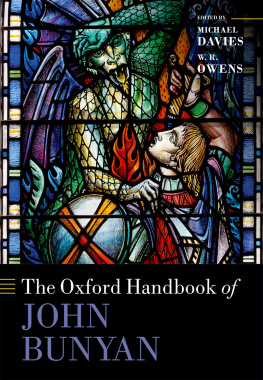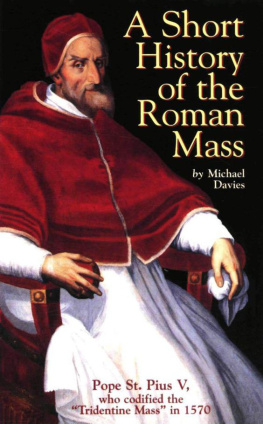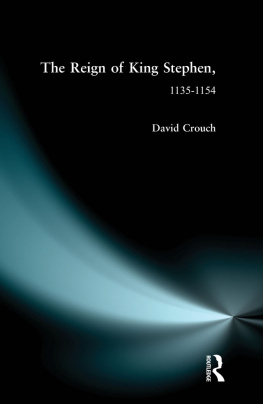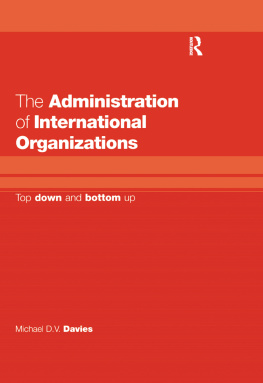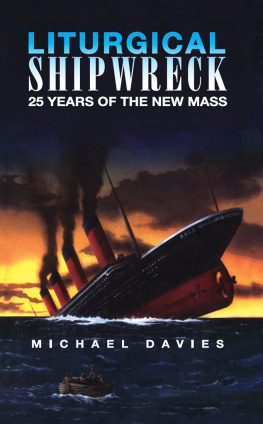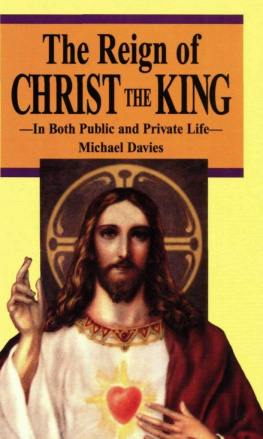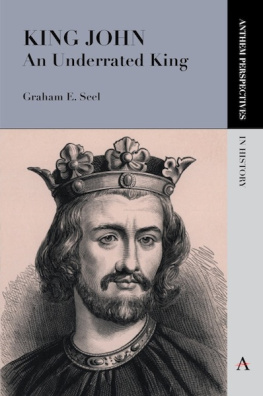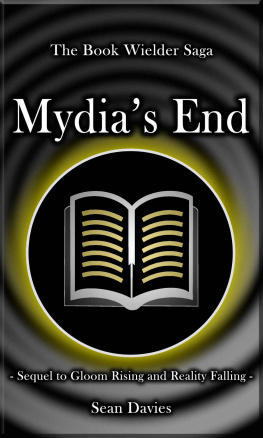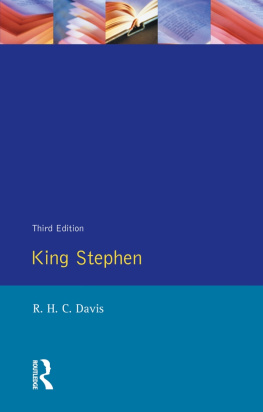Michael Davies - The Reign of Christ the King
Here you can read online Michael Davies - The Reign of Christ the King full text of the book (entire story) in english for free. Download pdf and epub, get meaning, cover and reviews about this ebook. year: 2015, publisher: TAN Books, genre: Religion. Description of the work, (preface) as well as reviews are available. Best literature library LitArk.com created for fans of good reading and offers a wide selection of genres:
Romance novel
Science fiction
Adventure
Detective
Science
History
Home and family
Prose
Art
Politics
Computer
Non-fiction
Religion
Business
Children
Humor
Choose a favorite category and find really read worthwhile books. Enjoy immersion in the world of imagination, feel the emotions of the characters or learn something new for yourself, make an fascinating discovery.

- Book:The Reign of Christ the King
- Author:
- Publisher:TAN Books
- Genre:
- Year:2015
- Rating:5 / 5
- Favourites:Add to favourites
- Your mark:
- 100
- 1
- 2
- 3
- 4
- 5
The Reign of Christ the King: summary, description and annotation
We offer to read an annotation, description, summary or preface (depends on what the author of the book "The Reign of Christ the King" wrote himself). If you haven't found the necessary information about the book — write in the comments, we will try to find it.
The Reign of Christ the King — read online for free the complete book (whole text) full work
Below is the text of the book, divided by pages. System saving the place of the last page read, allows you to conveniently read the book "The Reign of Christ the King" online for free, without having to search again every time where you left off. Put a bookmark, and you can go to the page where you finished reading at any time.
Font size:
Interval:
Bookmark:
The Reign of Christ the King
Michael Davies
Copyright 1992 by TAN Books and Publishers, Inc.
All rights reserved. Except for brief excerpts, this booklet may not be reproduced in whole or in part, by any method of reproduction, mechanical or electronic, without the written permission of the Publisher.
Library of Congress Catalog Card No: 92-61180
TAN BOOKS
Charlotte, North Carolina
1992
"Pilate therefore said to him: Art thou a king then? Jesus answered: Thou sayest that I am a king. For this was I born, and for this came I into the world."
John 18:37
CONTENTS
This book is a slightly adapted version of a talk given by Michael Davies at the VNI Conference in the Chicago area in November of 1991. VNIVoice Network Internationalis an organization based in the Chicago area and run by Catholic laymen to promote solid Catholic restoration in the Church.
THE REIGN OF CHRIST THE KING
On 11 December 1925 Pope Pius XI promulgated his encyclical letter Quas Primas, on the Kingship of Christ. The encyclical dealt with what the Pope described correctly as "the chief cause of the difficulties under which mankind was laboring."
Pope Pius XI explained that the manifold evils in the world are due to the fact that the majority of men have thrust Jesus Christ and His holy law out of their lives; that Our Lord and His holy law have no place either in private life or in politics; and, as long as individuals and states refuse to submit to the rule of our Saviour, there will be no hope of lasting peace among nations. Men must look for the peace of Christ in the Kingdom of ChristPax Christi in Regno Christi.
CHRIST'S KINGSHIP IGNORED IN THE CHURCH?
In the February, 1976 issue of Approaches, Hamish Fraser stated with, alas, complete accuracy, that Quas Primas is virtually ignored by the so-called Catholic nations and by the Catholic clergy. It was, he lamented, the greatest non-event in the entire history of the Church.
What is it that caused the Catholic clergy, and the bishops of the world in particular, to be so embarrassed by this encyclical that it was virtually ignored at the time of its promulgation, and has been all but forgotten in the post-Vatican-II epoch? What is it about this encyclical which caused its teaching to be passed over in silence, if not actually contradicted, by the Second Vatican Council? It is an incontrovertible fact that this Council conspicuously and, one must conclude, deliberately, failed to reaffirm the teaching of Quas Primas.
THE UNIVERSAL RIGHTS OF CHRIST
The answer to these questions is that in this encyclical Pope Pius XI reaffirmed the unbroken teaching of his predecessors upon the papal throne that states as well as individuals must submit themselves to the rule of Christ the King. In affirming this fundamental truth of our faith, Pope Pius was not referring simply to Catholic nations, or even to Christian nations, but to the whole of mankind. He stated this truth unequivocally by quoting a passage from the encyclical Annum Sacrum of Pope Leo XIII:
The empire of Christ the King includes not only Catholic nations, not only baptized persons who, though of right belonging to the Church, have been led astray by error, or have been cut off from her by schism, but also all those who are outside the Christian faith; so that truly the whole of mankind is subject to the power of Jesus Christ.
All men, both as individuals and as nations, are subject to the rule of Our Lord Jesus Christ the King, and this for two reasons. Firstly, because, as God, He is our Creator. Psalm 32 summarizes the correct Creator-creature relationship in the following inspired terms:
Let all the earth fear the Lord: and let all the inhabitants of the world be in awe of him. For he spoke and they were made: he commanded and they were created.
"For he spoke and they were made: he commanded and they were created." God is our Creator. We are His creatures. Without Him we would not exist. We owe Him everything, and He owes us nothing. Those who are created have an absolute obligation to love and serve their Creator. This obligation is unqualified; there are no "ifs," no "buts," and, as we shall see, no question of any possible right on the part of any man at any time to withhold his obedience.
It is only when men live their lives within the correct perspective of the Creator-creature relationship that social and political harmony and order prevail. "The peace of Christ in the Kingdom of Christ." When men repudiate this relationship, disharmony and disorder take over, the disharmony and disorder of sin, the disharmony and disorder introduced for the first time into the whole of creation when the Archangel Lucifer, the most magnificent of all God's creatures, was overcome with pride and boasted: Non serviam"I will not serve." The Catechism teaches us that our purpose in life is to know, love, and serve God in this world so that we can be happy with Him forever in the next. We cannot claim to love God if we do not serve Him, and we cannot claim to serve God if we do not subject ourselves to the law of Christ the King. "If you love me," He warned, "keep my commandments." (John 14:15).
In Quas Primas, Pope Pius XI explains the second reason that we must subject ourselves to Our Lord. He explains the beautiful and profound truth that Christ is our King by acquired, as well as by natural right, for He is our Redeemer. "Would that those who forget what they have cost our Saviour," the Pope admonished us, "might recall the words: 'You were not redeemed with corruptible things, but with the Precious Blood of Christ, as of a lamb unspotted and undefiled.' We are no longer our own, for Christ has purchased us 'with a great price'; our very bodies are the 'members of Christ.'"
The double claim of Our Lord Jesus Christ to our allegiance, as our Creator and our Redeemer, is well summarized in the Book of the Apocalypse, where St. John tells us that Christ is "the ruler of the kings of the earth." (Apoc. 1:5). The fact that the kings of the earthin other words, the nations and those who rule themare subject to the Kingship of Christ pertains to what is known as His Social Kingship, that is, His right to rule over societies as well as individuals.
THE SOCIAL KINGSHIP OF CHRIST
No one claiming to be a Christian would, one hopes, dispute the fact that as individuals we must submit ourselves to the rule of Christ the King, but very few Christians, Catholics included, and conservative Catholics among them, understand, let alone uphold, the Social Kingship of Our Lord Jesus Christ. This is an attitude which is very common among certain well-known politicians in the United States who, while claiming to be Catholics, state with apparent pride that they do not permit their private beliefs to impinge upon their public duties. They uphold with apparent certainty the principle of the separation of Church and State. (This is a very strange attitude for a Catholic to take, but some of these politicians appear to be very strange Catholics.)
The separation of Church and State was condemned unequivocally by the Roman Pontiffs until the Second Vatican Council. The Church's teaching is that the State has an obligation to render public worship to God in accord with the teachings of the True Church, the Catholic Church, and positively to aid the Catholic Church in the carrying out of her functions. The State does not have the right to remain neutral regarding religion, much less to pursue a secular approach in its policies. A secular approach is by that very fact an anti-God and an anti-Christ approach. This unequivocal teaching was summarized very clearly by Pope St. Pius X, who, in his encyclical
Next pageFont size:
Interval:
Bookmark:
Similar books «The Reign of Christ the King»
Look at similar books to The Reign of Christ the King. We have selected literature similar in name and meaning in the hope of providing readers with more options to find new, interesting, not yet read works.
Discussion, reviews of the book The Reign of Christ the King and just readers' own opinions. Leave your comments, write what you think about the work, its meaning or the main characters. Specify what exactly you liked and what you didn't like, and why you think so.

